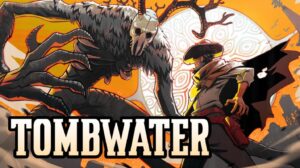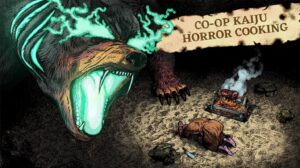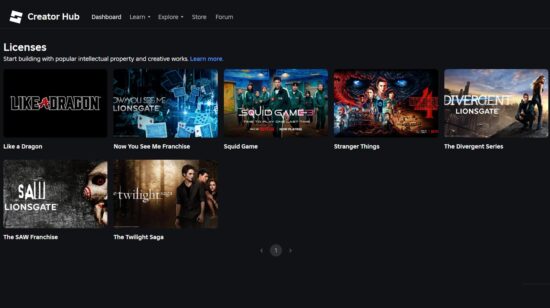Norland’s Massive Summer Update Redefines Medieval Kingdom Simulation

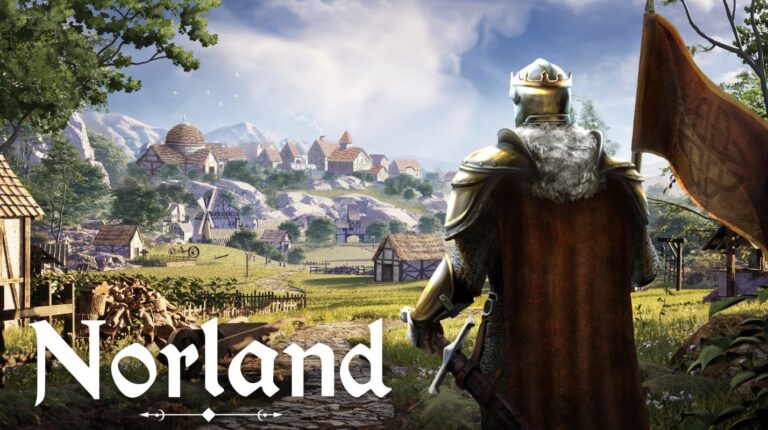
Norland, the medieval kingdom simulation from Long Jaunt and published by Hooded Horse, has just received its most significant update since entering Early Access. The Big Summer Update is now live and introduces sweeping changes to city building, political dynamics, economic systems, and visual presentation.
These additions reshape not only how players interact with their kingdoms, but also how characters behave within them. From new architecture to political betrayals, Norland continues to evolve into one of the most intricate medieval simulations on the market.
“The ‘Big Summer Update’ brings with it a whole host of changes, from new artwork to overhauled economic and political mechanics,” the studios said in a joint press release.
The update went live on July 14 and represents months of balance changes, systems redesigns, and player-requested features merging into a single major release.
Jump to:
A Living City With Real Political Danger
One of the most anticipated changes is the debut of fully functional politics. Lords within the game world can now become politicians if their loyalty falters. These political actors begin to build influence using gold, forming relationships and alliances that can eventually challenge the ruling power.
Politicians will target other lords, bishops, and even foreign kings in a bid to rally support. If successful, they can ignite rebellions backed by hostile outside forces. Armies now choose sides based on their loyalty or admiration for charismatic politicians.
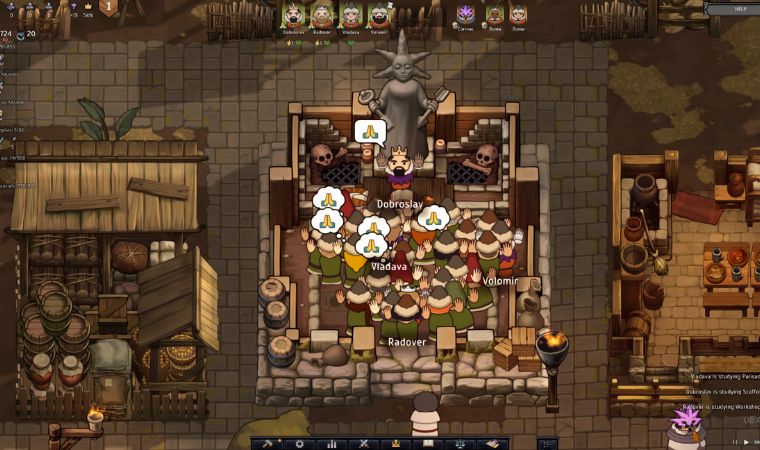
This mechanic adds an entirely new layer of strategy. Players must manage relationships, not just means. A well-liked politician can become an asset or a direct threat, depending on the shifting allegiances of warriors, religious leaders, and other nobles.
Economic Systems Become More Dynamic And Personal
The economy has been thoroughly restructured. Lords now earn and spend gold directly, connecting them to the game’s financial flow in meaningful ways. They independently purchase rings, food, and resources, freeing players from micromanaging every transaction.
A new combined economy interface allows for easier management of both production and finances. Players can choose to directly distribute essentials to their people or rely on traditional trade routes and caravans.
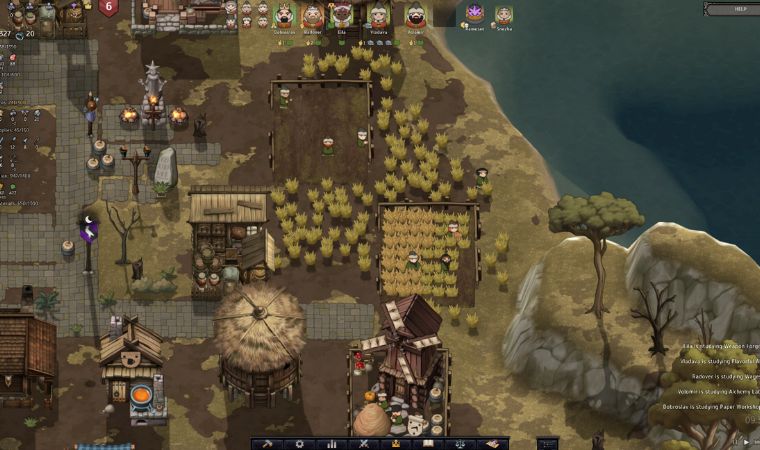
Warehouses now include spoilage mechanics and visual displays for tracking capacity. Food, weapons, and liquid supplies all have dedicated storage systems, with spoilage adding urgency to distribution and planning. This introduces real consequences for overproduction or poor logistics.
City-building Gains Visual Depth And Strategic Clarity
The visual presentation of Norland’s cities has also taken a big leap forward. Buildings now evolve visually over time, offering a clearer sense of historical progression. The city can transform from a rough medieval village into something resembling a Hanseatic League stronghold.
A new map grid increases space between structures and affects how residents move through streets. Building placement has practical consequences. If streets are too narrow, residents slow down. If industrial buildings are placed too close to homes, housing comfort drops.
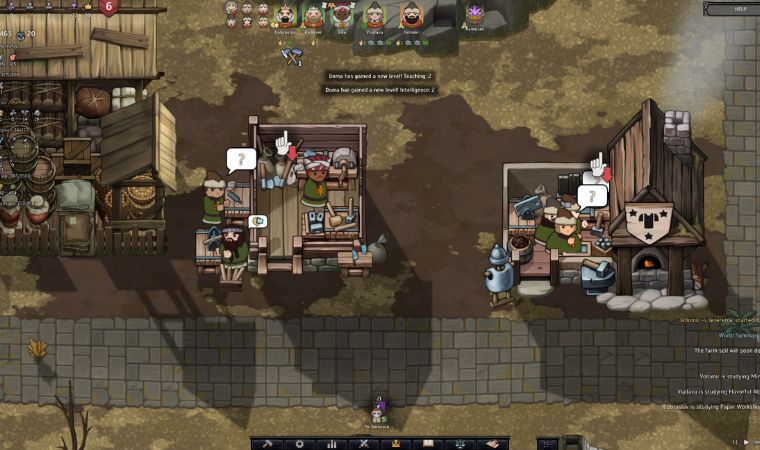
Builders now operate from a dedicated structure. Distance indicators help optimize the placement of production buildings in relation to worker homes and warehouses. The city simulation feels more alive, more intelligent, and more strategic.
How Norland Compares to RimWorld, Banished, And Manor Lords
Norland now firmly places itself among the most detailed and systems-rich medieval sims available today. Compared to RimWorld, it leans more heavily into politics and class-based dynamics, with lords, peasants, and clergy all playing distinct and meaningful roles. Where RimWorld focuses on survival and colony cohesion, Norland builds an entire feudal society from the ground up.
Against Banished, Norland shows deeper individual character behavior and far more complexity in how relationships and economy function. Banished remains a favorite for simplicity and atmosphere, but Norland introduces variables like politician-led rebellions and ring-driven status games that elevate its simulation depth.
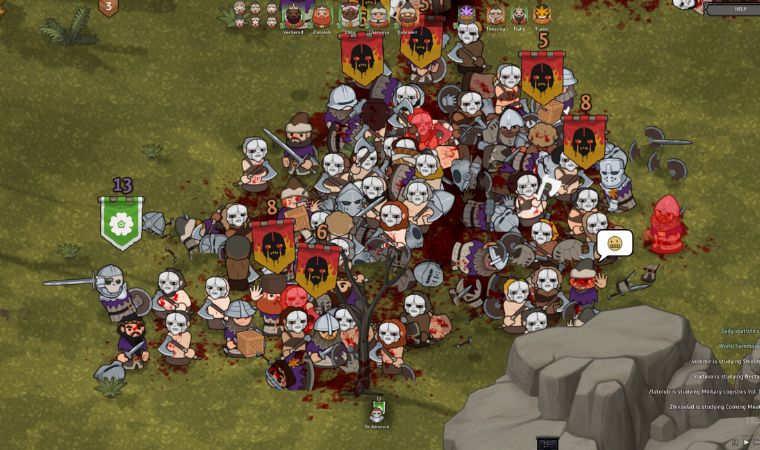
Manor Lords, another Hooded Horse title, looks visually better and focuses on real-time battles and strategic placement. Norland trades that for intricate AI, emergent storylines, and sandbox freedom that rewards players who want to engage deeply with characters and society.
In short, Norland is becoming a standout for players who want a medieval world that reacts, evolves, and remembers.
Smarter AI, Better Visuals, And Improved Quality-of-life
The update also brings numerous quality-of-life changes aimed at player experience. Characters now respond to wealth levels with visible mood changes, proving that money can make one happier. Heirs can no longer start rebellions unless they become politicians, reducing the chance of unintended civil wars.
Family relations matter more. Morning sermons avoid evening schedule conflicts. AI units behave more logically. Storage systems are clearer and more intuitive. Combat menu updates are still in progress, but significant bug fixes across the board help smooth the overall gameplay.
Even cosmetic changes like the improved close-up view, which now only removes roofs from central buildings, create a cozier visual tone when zoomed in.
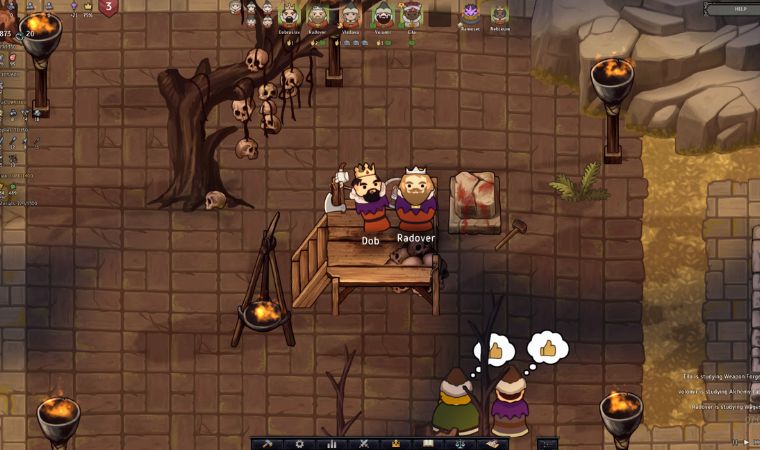
The new residential buildings offer a blend of function and comfort, with capacity and mood linked to both interior quality and nearby structures. Lords now live in upgraded townhouses with dedicated rooms. Social hubs like plazas, taverns, and markets add more meaning to how cities are designed.
Norland’s Future Looks Increasingly Ambitious
With the Big Summer Update live, Long Jaunt has not only made Norland more playable but has taken a bold step toward its full vision. It is no longer just about building cities. It is about surviving ambition, managing influence, and telling a dynastic story through layers of AI behavior and player decision-making.
The update also ensures that saved games remain compatible. Though some buildings may need to be repositioned, players are compensated with gold and wood, preserving their long-term campaigns without interruption.
Norland continues to expand not just in content but in ambition. If the next phase of development continues at this pace, it may well become one of the deepest and most reactive medieval simulators ever released.



